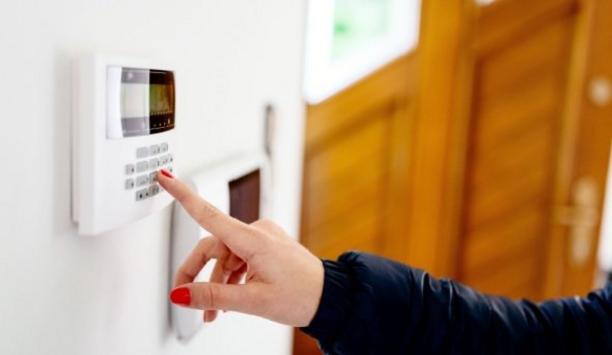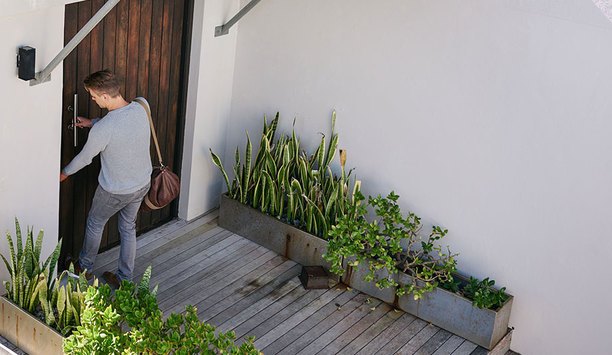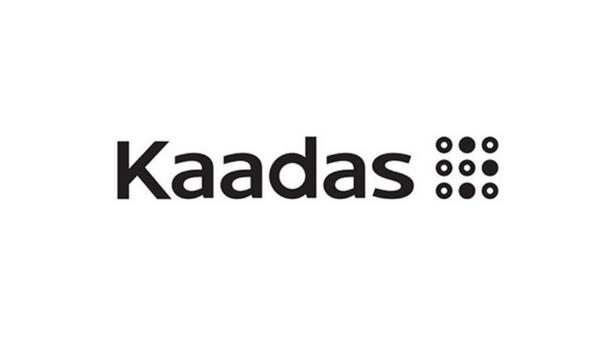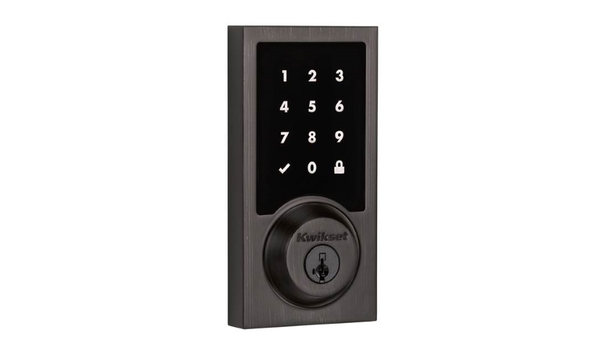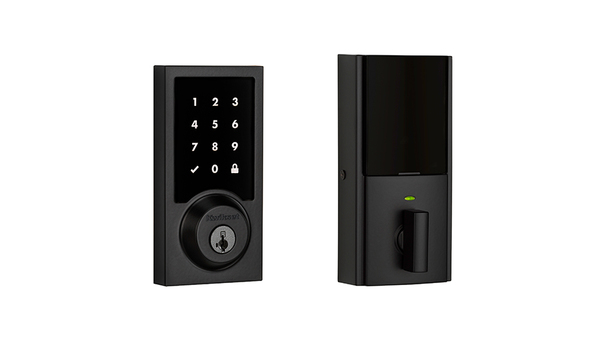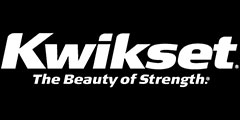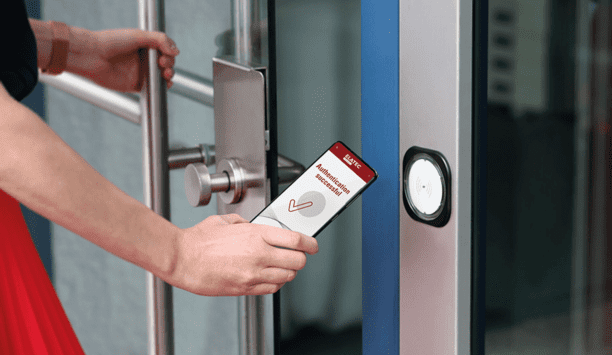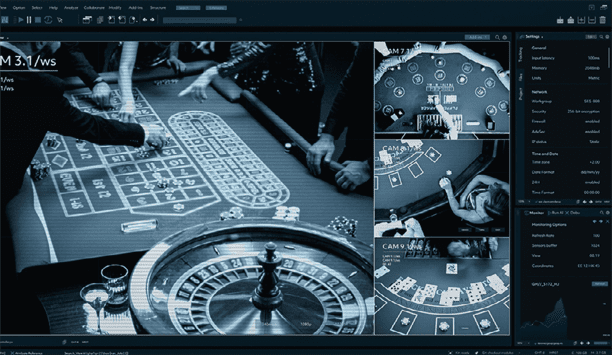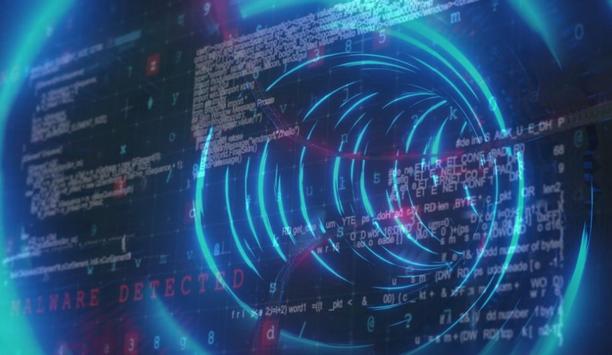Nick English

Nick English
National Sales Manager, Residential Access Solutions, KwiksetAs North American Sales Manager for Kwikset Residential Access Solutions, Nick English is responsible for management of all sales and distribution through Pro Security channels, including sales and performance management of Territory Sales Managers and Key Account Managers. English creates, develops, and manages division strategy for the Security / Home Automation channels, and the associated National Accounts, Direct Accounts, and Distribution partners and installing dealers within each channel. English is an accomplished management professional with extensive experience successfully running multi-million-dollar strategic corporate alliance partnerships, building and leading high-performing sales and management teams, and directing key vertical markets.
Articles by Nick English
There’s no question that the popularity of Do-It-Yourself (DIY) security and home automation products is on the rise. The reasons for the growth in DIY sales are numerous, including increased aw...
Until recently, the convenience and security of “smart” electronic locks have been exclusively enjoyed by owners of homes, with renters largely being left out in the cold. Locked out by th...
News mentions
Kaadas Group, a pioneer with over 30 years of dedication to the lock industry, announces expanded operations in North America and the launch of their authorized security dealer program at ISC West 202...
Kwikset® brand of Spectrum Brands, Inc. – hardware & home improvement division, the pioneer in residential security, introduces Control4® compatibility to its Obsidian™ Electro...
With the introduction of a striking new Iron Black finish to its smart lock collection, Kwikset brand of Spectrum Brands, Inc. – Hardware & Home Improvement Division, is heightening its alre...
Nick English will lead Kwikset’s overall security and consumer electronics pro trade sales throughout U.S. and Canada Kwikset brand of Spectrum Brands, Inc. – Hardw...
